Electric motors for cars offer a revolutionary change in automotive technology. These motors convert electrical energy into mechanical energy, powering vehicles without traditional gasoline. Efficiency and sustainability are critical benefits, with reducing greenhouse gas emissions significantly contributing to environmental preservation. These motors also provide smooth acceleration, reducing wear and tear on the vehicle. Additionally, the simplicity of design leads to lower maintenance requirements, saving costs in the long run. Noise pollution decreases as well, creating a more enjoyable driving experience. However, the initial price of electric motors and the infrastructure for charging stations still need to be addressed for widespread adoption. Despite these hurdles, electric motors for cars represent a promising and sustainable future in transportation.
The anatomy of electric motors for cars
An electric motor for the car is not a singular, monolithic entity. It comprises various types designed to cater to specific requirements and applications. Two of the common styles include the Tesla Model Y dual motor and the Model 3 dual motor. These are typically used in all-wheel-drive (AWD) configurations, like in the Tesla Model 3 long-range AWD, to deliver superior power and control. In contrast, some electric motors are designed to power three-wheel electric cars, offering a unique mix of performance and economy. The EV crate motor is another popular type known for its compact size and easy integration into various vehicle designs. An electric motor may also be part of a hybrid with traditional combustion engines for increased efficiency.
Applications and advantages of electric motors for cars
Electric motors have found widespread application in the automotive industry, driving the wheels of vehicles ranging from the Lucid automobile and Lucid EV to the general motors EV cars. They offer numerous advantages over traditional engines, such as zero emissions, quieter operation, and lower maintenance requirements. Electric motors are particularly popular in producing fully electric vehicles, such as the Kia and Lucid air cars. They are also used in hybrid vehicles, which work with gasoline engines to increase fuel efficiency and reduce emissions.
The future of electric motors for cars
The future of electric motors for cars looks promising, with many automobile companies investing heavily in this technology, including Lucid motors electric and Polestar motors. Emerging trends include more efficient and powerful motors, extended range, and improved charging solutions. The Kia EV6 and Lucid Dream cars are excellent examples of the future, showcasing advanced electric motor technology and an impressive range. Companies like Tesla Lucid and General Motors are also pushing the boundaries of what's possible with electric motor technology, paving the way for a greener, more sustainable future in the automotive industry.
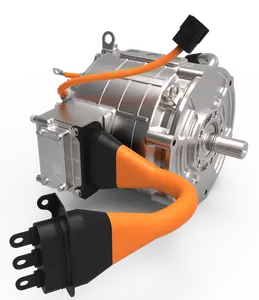
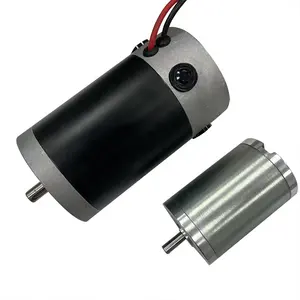



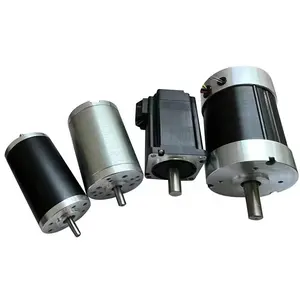












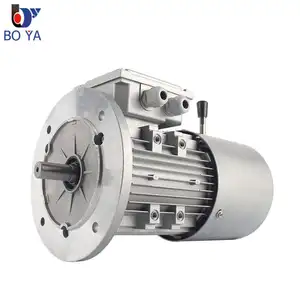
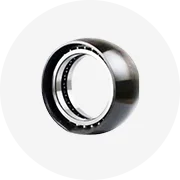

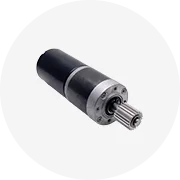


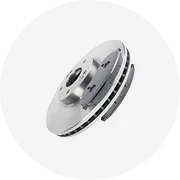










 浙公网安备 33010002000092号
浙公网安备 33010002000092号 浙B2-20120091-4
浙B2-20120091-4